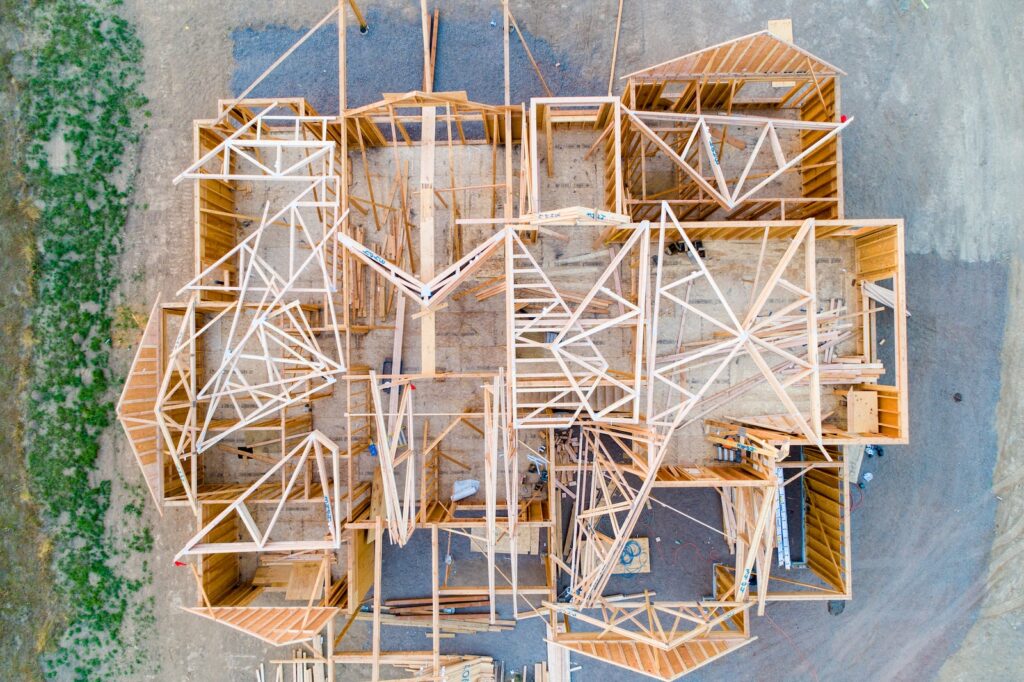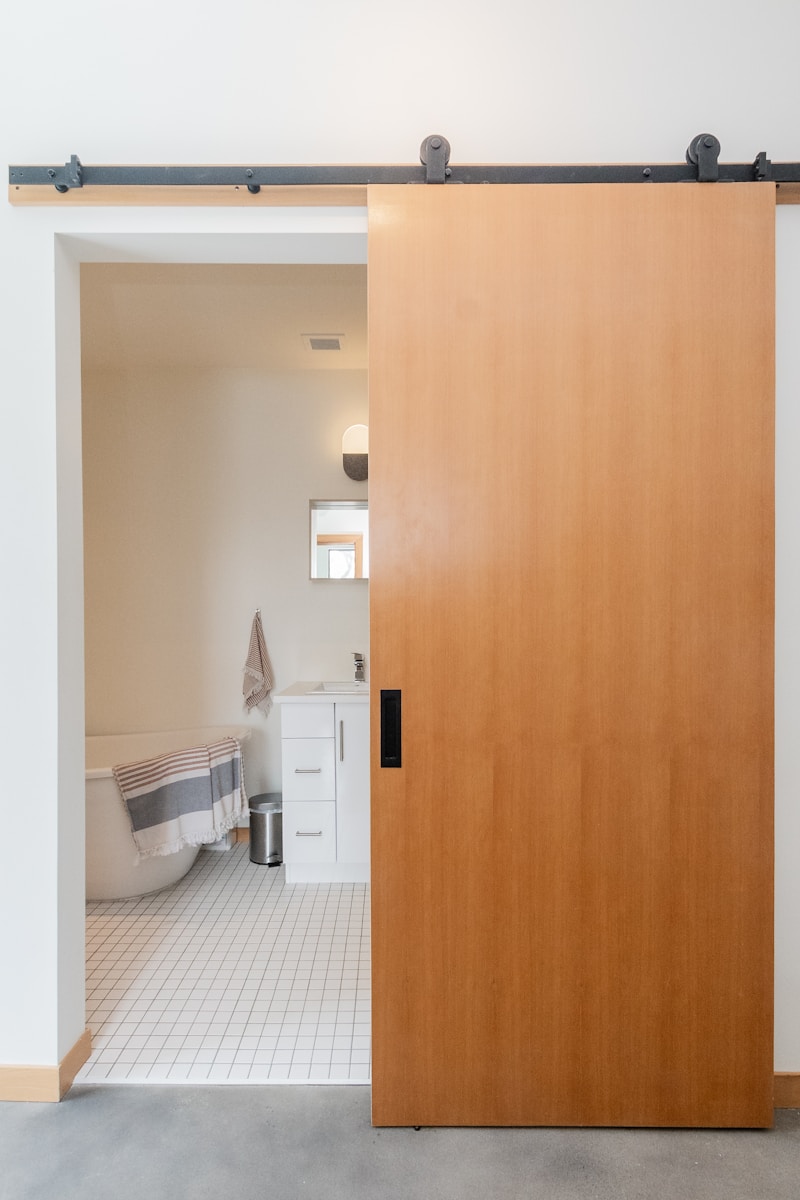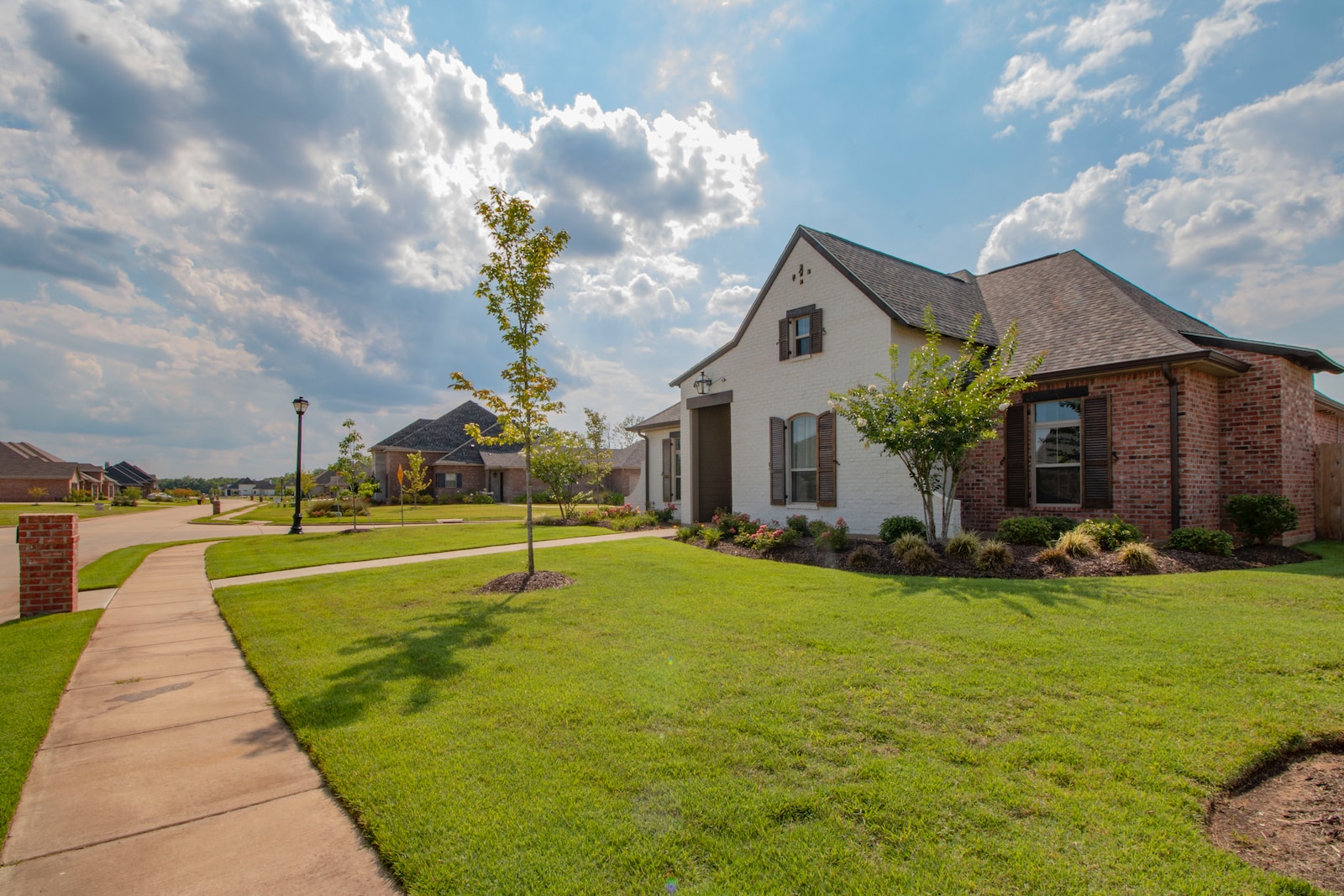Buying a new construction home can be a great investment. These homes are more energy efficient than resale properties and save buyers money on utility bills.
Future-proofing is the process of examining possible future events and developing methods to minimize their impact. This approach is often used in electronics, the medical industry, and industrial design.
They’re Built to Last
New construction homes offer several benefits that can help them build value over time and prove a wise investment in your future, whether you plan to sell or pass it down to the next generation. New construction homes in Rutherford County, TN, are built with modern materials that are more durable and energy-efficient than older versions.
Additionally, new-construction homes typically have less maintenance than existing homes. Whether old beige carpeting or leaky roofs, buyers who purchase new construction have the luxury of moving into a home with everything brand-new and in working order. Buyers who purchase new structures can also save upfront on utility bills by choosing energy-efficient appliances and heating/cooling systems, which can significantly lower your monthly expenses. In addition, builders and developers often offer money-saving incentives when buyers buy new construction homes, such as reduced mortgage rates or money-back rebates on upgrades.
It’s important to remember that while buying a new construction home can have its advantages, it’s still a real estate transaction like any other, and you should have an experienced buyer’s agent on your side. A knowledgeable buyer’s agent will be able to review contract terms with you and ensure that the builder isn’t trying to take advantage of you or put undue stress on your finances with hidden costs.
They’re More Energy Efficient
New construction homes are typically more energy efficient than older ones, which can make a big difference in your home expenses. This results from better insulating materials, more sustainable building products and stringent energy efficiency regulations that builders must comply with when they build homes. Often, legacy homes are built with dangerous materials in the long run, but new-construction homes are made using materials that are tested to last for centuries. Those changes help to keep homeowners safe and also reduce the amount of energy that is needed to keep these homes cool and warm. With rising utility costs in the current climate, the more eco-friendly a house is, the better. And, because of these new energy efficiency requirements, builders can create homes that are 30 percent larger than those built before 2000 but use just 2 percent more energy.
Plus, if you buy a new construction home, you won’t have to worry about your roof leaking in the rain or your air conditioner going out during the summer, as those issues are unlikely to happen for years due to all the modern amenities that these homes come with. This can be a huge relief to homeowners worried about expensive maintenance costs in the future and can save you money upfront in the form of lower bills.
They’re More Attractive to Renters
Millennials have clarified that they prefer newer properties over older ones, and it’s no wonder why. New construction homes offer a fresh look and feel that can’t be replicated in an existing home. And since there’s no history of maintenance issues, the likelihood of costly repairs is much lower. The good news is that renters love these properties because they are blank slates easily customized to fit their tastes and preferences. They can easily choose their paint colors, appliances and more, which isn’t the case when purchasing an existing property. In addition, newer houses will have more efficient heating and cooling systems because they’re designed with the latest technology in mind. This helps lower energy costs for the homeowner and the tenant, which is always a win. It’s important to note that new-construction homes are typically more expensive than existing properties. This can be a turn-off for some investors, but the higher price tag is often worth it for those investing in real estate long-term. It’s also important to remember that most newer neighborhoods will have some homeowners association, which can add to the upfront cost. This should be taken into consideration when performing a thorough market analysis. A reputable builder should be able to give you a rough estimate of what the HOA will be before signing on the dotted line.
They’re More Affordable
Compared to existing homes, new construction often has lower maintenance costs. For one, you’re less likely to deal with worn-down parts or a roof that needs repair immediately. Plus, many builders offer warranties on new construction, giving buyers peace of mind knowing the builder will take care of any issues. New construction homes can include a full custom home, where you can choose every aspect of the property before it’s completed, or “spec” homes, where you can pick out features like paint color and appliances. Spec houses are also great for those who want to move into a neighborhood with a certain look and feel but don’t have the time to wait on a builder to finish a home on their own. Finally, suppose you’re a technophile. In that case, a new construction home can easily integrate with the latest gadgets and gizmos, such as voice-activated home assistants or smart heating and lighting systems. This is a challenge in older properties built when these technologies weren’t even a gleam in their makers’ eyes. New construction can seem like a no-brainer for buyers looking to buy in today’s market, but it’s important to know all the details and have an experienced real estate agent on your team. Buying a new construction home may require a few extra hoops and a longer wait period, but the right property will be worth the investment.



